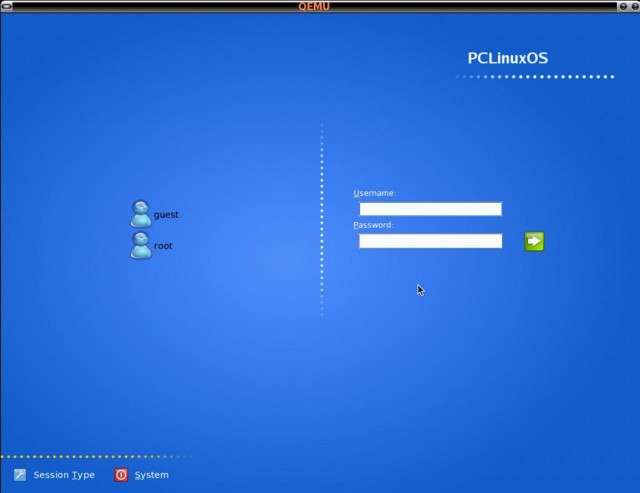 Some of you may have read my friend and collegue’s blog named “Blog of Helios” and visited his website lobby4linux.com enough to have understood what he has tried and is trying to accomplish with regards to Trusted Computing and Digital Rights Management. Many of you probably respect this approach and support it as I do. Others may not have any idea what I’m speaking of. Allow me to background a bit:
Some of you may have read my friend and collegue’s blog named “Blog of Helios” and visited his website lobby4linux.com enough to have understood what he has tried and is trying to accomplish with regards to Trusted Computing and Digital Rights Management. Many of you probably respect this approach and support it as I do. Others may not have any idea what I’m speaking of. Allow me to background a bit:
A few months back, despite life threatening illness, Ken aka helios DROVE from Texas to Washington D.C. to talk to congressmen and women about DRM and TC. He did this on a shoestring budget because he knew the Linux community was counting on him to do something about legislation (he had raised money for the trip and felt obligated to go)…and he’d made a promise. That kind of drive and compassion you don’t find much in people…sure they can have a great opinion about something…but many sit on their hands and shout the opinions. Actions speak louder than words and Ken aka Helios is FULL of action.
Helios was speaking out against trusted computing (TC) and Digital Rights Management (DRM) that is humming softly at the hardware and software level inside YOUR computer right now. That’s right! Chances are, it’s already made it on a chip on your and my motherboards…but it’s there. Soon, if what can happen does happen…we’ll all be so very unhappy at being told how we can and can’t operate our PCs.
Some of you may be asking, “what the heck are you talking about? They can’t tell me how I can use my computer inside my own home”. Unfortunately, that statement is false. DRM chips are already on a majority of motherboards and even built into some processors (viiv anyone?). All it takes is a flip of the switch and you’ll do what Microsoft or any other company that wants to manage your rights for you tells you to do whether you like it or not. That is, of course, unless you use Linux 🙂 Linux has always been about choice…we choose to compute in ways WE want to…not ways that are defined for us. If we don’t like something, we code it different ourselves and then release the change…chances are, someone else thinks like you do and will like that change also. With Windows, that’s not possible…you’re locked from the start…so you’ll be locked to the finish as well.

 Did anyone else catch
Did anyone else catch  If you’re like me, you get frustrated on a daily basis with your XP box. I hate to see people slow themselves down with spyware, adware, and virus’ so I have decided to share my secrets to speeding up your Windows XP Computer!
If you’re like me, you get frustrated on a daily basis with your XP box. I hate to see people slow themselves down with spyware, adware, and virus’ so I have decided to share my secrets to speeding up your Windows XP Computer!